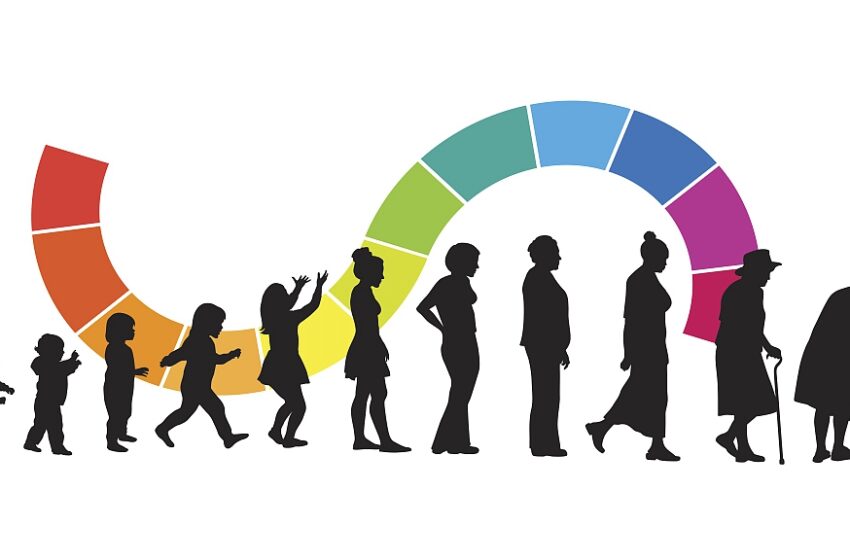Are we living longer than our ancestors?

Darshit Patel
Life expectancy has improved drastically over the past decades. But does that mean we are living longer than our ancestors? Accessibility and understanding of modern medicine and healthy lifestyle make it easy to believe we enjoy longer lives than at any time in human history, but are we truly that special?
Today, it is 70 years. Globally, the figure has risen by over 24 years, from 46.5 years in 1950 to 71.7 years in 2022. Healthy Life Expectancy (HALE), the average number of years a person can expect to live in “full health,” globally has increased by 8 per cent, from 58.3 years in 2000 to 63.7 years in 2019. By 2050, HALE is projected to increase to 65.9 years for females and 65.5 years for males in India, indicating significant improvements in longevity and health.
A research-backed approach in fields such as regenerative medicine, preventive approaches, biological age tests, gut microbiome test and personalized healthcare offers growing hope for extending human life beyond our current expectations. This emphasises not just a longer life but a better quality of life.
Life Expectancy vs Lifespan
There is a difference between life expectancy and lifespan. Lifespan is the highest age reached by any member of a population, while life expectancy is the average number of years that members of a population live. In statistical concepts, lifespan is the median age, while expectancy is the mean age of a population. If a family has twin babies, and one of them lives to the age of 40 and, the average life expectancy for the twins would be 20. So, stating that we are living longer than our ancestors did would be oversimplifying, but we have a better life expectancy than what we would a few years back.
Does Improved Life Expectancy Mean Longevity?
The improvement in life expectancy is more due to declining mortality rates rather than a reduction in the years lived with disability.
With improvements in life expectancy, it is essential that we also add healthy years to it. Longevity is more focused on keeping people ‘youthful’ and ‘healthy’ for the longest period of their lifetime, with a special focus on their vitality. Recent developments in ageing research has provided significant insights into the biological mechanisms, genetics and epigenetics of ageing across varied populations and civilizations.
Advances in longevity research suggest that we can now potentially slow down the pace of ageing and can add even years of vitality.
The extended lifespan that we see currently is not only due to medical advancements but also because of awareness about health and its importance. Many people are now discussing the importance of supplements, addressing deficiencies, and making diet and lifestyle modifications to preserve optimal cognitive, physical, and immune strength in their silver years.
Darshit Patel is CSO and Co-Founder, Decode Age

